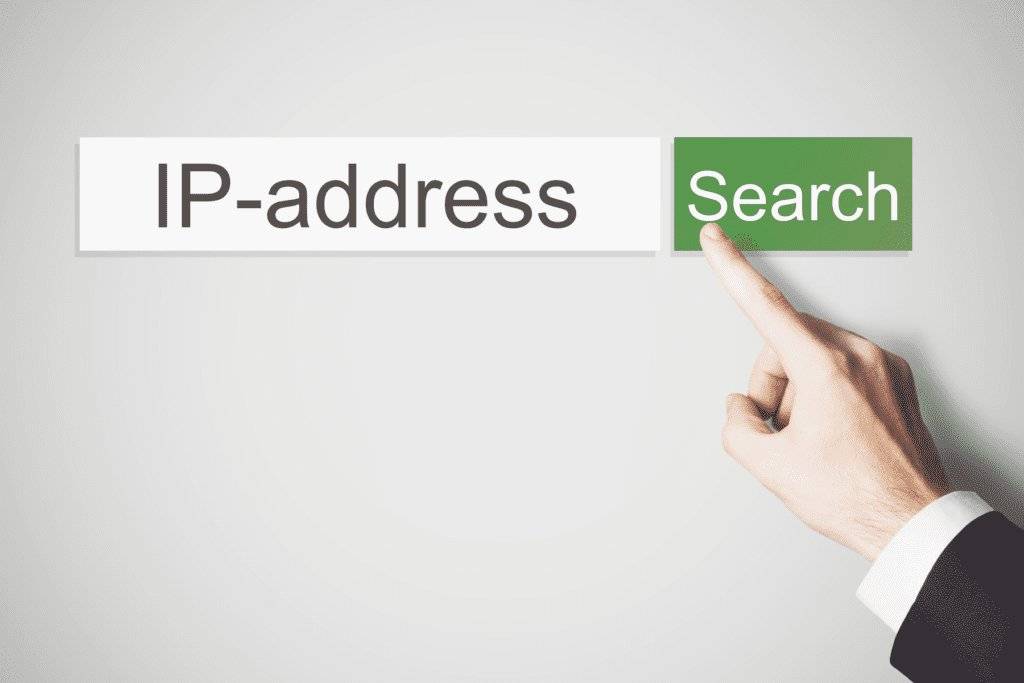
According to Wikipedia, An IP address or Internet Protocol address is a numerical label assigned to each device connected to a computer network that uses the Internet Protocol for communication.

What is My IP Address?
To find your IP address, there are several websites you can use.
We suggest:
What is an alternative to 12ft.io?
Please don’t confuse this with the amazing Chinese martial arts film IP Man

What is an IP Address?
An IP address, which stands for “Internet Protocol address,” is a unique numerical label assigned to each device connected to a computer network that uses the Internet Protocol for communication. IP addresses play a fundamental role in the operation of the internet and local networks. They serve as identifiers for devices, allowing data to be directed to the correct destination.
There are two primary versions of IP addresses:
- IPv4 (Internet Protocol version 4): IPv4 addresses consist of 32 bits (in the form of four sets of numbers separated by periods, like 192.168.0.1). This format has been widely used since the early days of the internet, but it has limitations due to the finite number of unique combinations it can provide. This has led to the adoption of IPv6.
- IPv6 (Internet Protocol version 6): IPv6 addresses are 128-bit and are expressed as eight groups of four hexadecimal digits, separated by colons (e.g., 2001:0db8:85a3:0000:0000:8a2e:0370:7334). IPv6 was introduced to address the exhaustion of IPv4 addresses and to support the increasing number of devices connected to the internet.
IP addresses are used for various purposes, including:
- Device Identification: Each device, whether it’s a computer, smartphone, tablet, or any other networked device, is assigned a unique IP address. This address helps in routing data to the intended recipient.
- Location and Network Identification: IP addresses can reveal information about a device’s location and the network it is connected to. Geolocation services use this information to provide location-specific content.
- Network Communication: Devices use IP addresses to communicate with one another over the internet or a local network. Data packets are addressed with source and destination IP addresses, ensuring that information reaches its intended recipient.
- Domain Name System (DNS): The DNS system translates domain names (e.g., www.example.com) into IP addresses. When you enter a web address, DNS resolves it to the corresponding IP address so that your device can connect to the website’s server.
- Security: IP addresses are used in network security and firewalls to allow or deny access to specific devices or services based on their IP.
Overall, IP addresses are the foundation of how data is transmitted and received over the internet and local networks, enabling global communication and the functioning of the World Wide Web.
What to do When Your Zojirushi Rice Cooker Gets an H01 or H02 Error Code
What happened to Dale Robertson’s horse Jubilee?
What does it mean when a lizard poops on you?
What is the meaning of 18 bills in a debut?
What is the most expensive item on TF2?
Are lubber grasshoppers poisonous to dogs?
Ice JJ Fish Net Worth
What is the IMU Unit in a Hospital?
How Many Rabbits are in the World?
